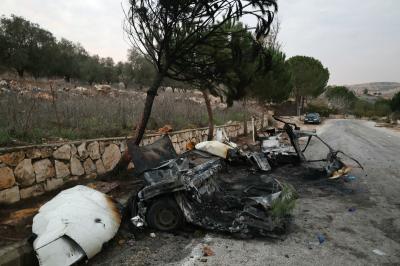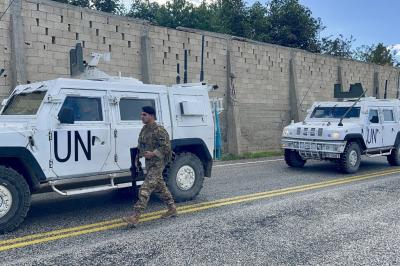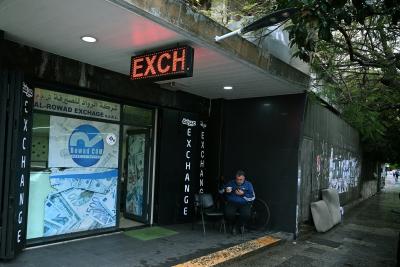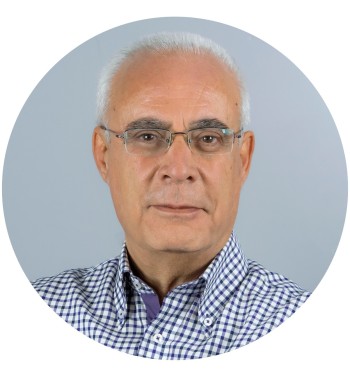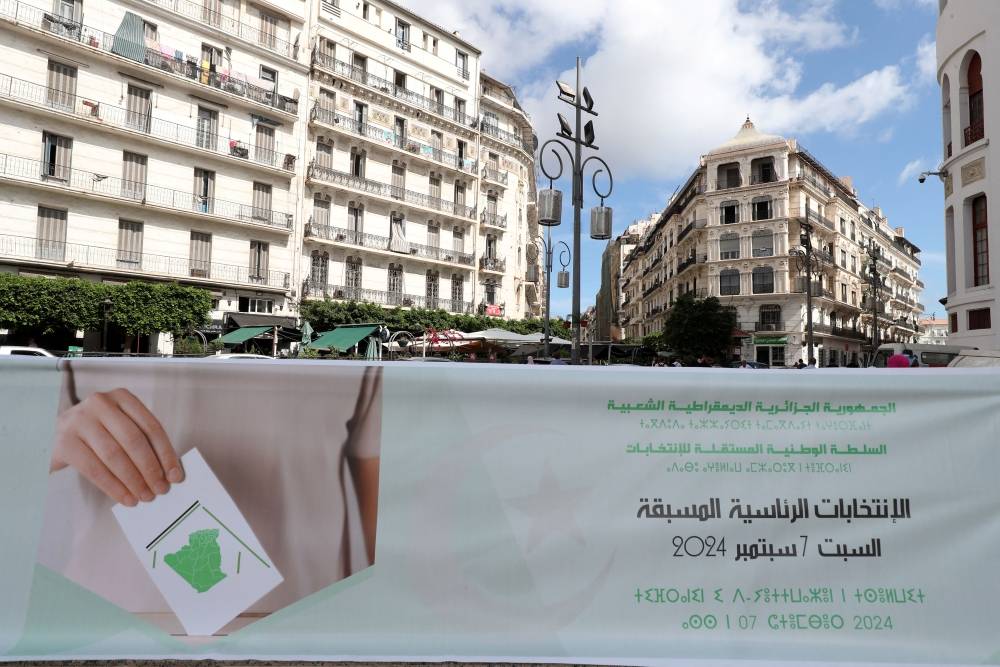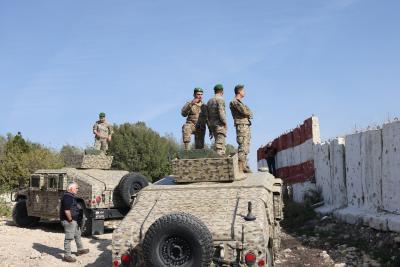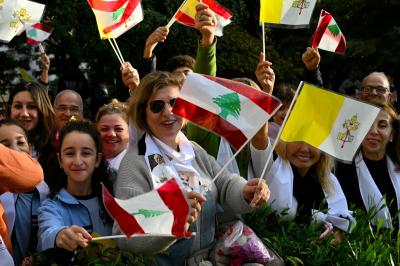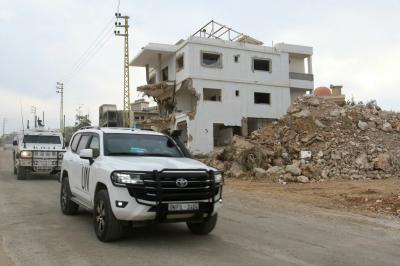Algerian President Abdelmadjid Tebboune has decided to move the presidential elections up to September 7, 2024, three months earlier than originally planned, and has announced his candidacy for a "second term." All indicators suggest that he will win these elections without much difficulty, as he enjoys the support of the military institution, which has remained the true power in Algeria since independence.
Tebboune didn't feel the need to justify advancing the elections, not even offering excuses like "purely technical reasons." As for his candidacy for a second term, it proves that the "system" in Algeria has hardly been affected by the demands of the popular Hirak, which called for radical reforms leading to a healthy political life based on the alternation of power.
Tebboune faces no serious competition, as the Constitutional Court has rejected 31 candidacies, including that of Louisa Hanoune, Secretary General of the Workers' Party, and only retained two candidates: Youssef Aouchiche, candidate of the Socialist Forces Front, from the Kabylie region, and Abdelali Hassani, the Islamist candidate from the Movement of Society for Peace.
The position of president in Algeria remains unchanged, except in form. Tebboune represents the continuity of former President Abdelaziz Bouteflika’s rule, who was preparing to seek a fifth term in 2019 if the popular Hirak, led by the youth, had not risen against him, ultimately forcing him to withdraw his candidacy before the military backed Tebboune, Bouteflika’s former prime minister, as the replacement candidate.
Today's Hirak is no longer what it was in 2019, when massive and peaceful weekly demonstrations in the streets of Algiers forced Bouteflika to step down. Tebboune sought to suppress the Hirak by arresting its key leaders, taking advantage of the pandemic-related lockdown measures in 2019 and 2020.
But Tebboune did not rely solely on repression; he also launched an anti-corruption campaign in parallel, targeting dozens of officials, including former Prime Ministers Abdelmalek Sellal and Ahmed Ouyahia, as well as several ministers and businessmen, who were sentenced to up to 20 years in prison for corruption.
Although some Hirak leaders have been released, the authorities continue to show zero tolerance for freedom of expression, particularly for journalists and non-aligned media.
Bouteflika always justified his refusal to make substantial concessions on political reforms by the threat of the "black decade." But the peaceful Hirak, under both Bouteflika and Tebboune, has proven that Algerians are now aware of the dangers of another civil war.
It is certain that Algeria's political and military elites prefer to keep Tebboune in power for a second term, while the Hirak, which still has deep roots, will face a new disappointment.
This is why participation in the elections will be crucial. We recall that Tebboune was elected in 2019 despite the Hirak's boycott, which resulted in a historically low turnout. Today, the same scenario is likely to repeat. Reform advocates see Tebboune's candidacy as an attempt by the "system" to preserve its privileges.
If Algeria, with its 45 million inhabitants and vast gas reserves, has not experienced significant political reforms internally, Tebboune has pursued a wavering foreign policy towards France, the former colonial power, where the main criterion remains Paris's attitude towards Morocco. The latest episode being the recall of the Algerian ambassador to Paris in protest against Emmanuel Macron's recognition last month of the Moroccan autonomy plan for Western Sahara. The debate over "memory" between Algeria and France has never ceased in recent years.
Tebboune has maintained close relations with Russia, China, and Turkey. Algeria, as a non-permanent member of the Security Council, has proposed several resolutions aimed at ending the Israeli war against Gaza, but they were met with an American veto.
Aside from tense relations with Morocco, Algeria under Tebboune has sought to establish balanced relations with its other neighbors, positioning itself as a mediator in African conflicts, notably in Sudan and Libya, while staying in contact with the Sahel countries, plagued by local and jihadist rebellions. The focus is primarily on protecting the borders against the infiltration of extremist organizations.
Tebboune has taken advantage of the Russo-Ukrainian war to boost Algeria's natural gas revenues, in the context of the European Union's embargo on Russian gas. As a result, many European countries have turned to Algeria, and Tebboune's visit to Italy on the sidelines of the G7 meetings in June is a telling sign.
Please post your comments on:
[email protected]
 Politics
Politics
